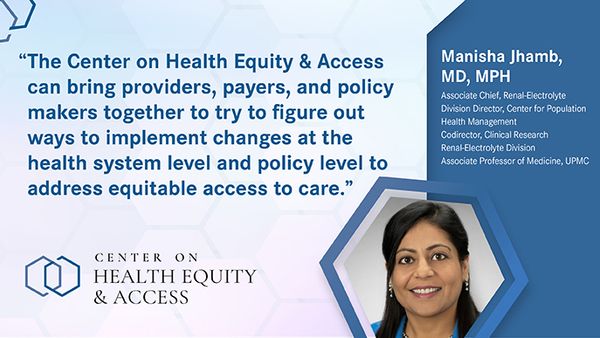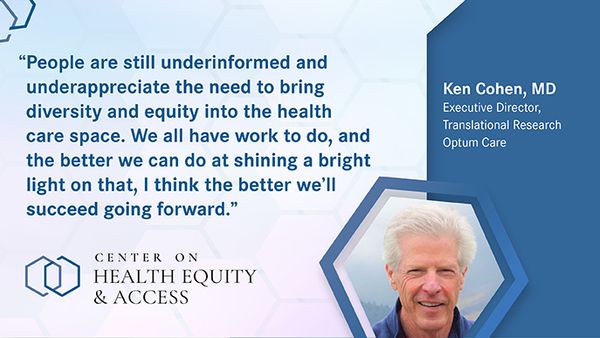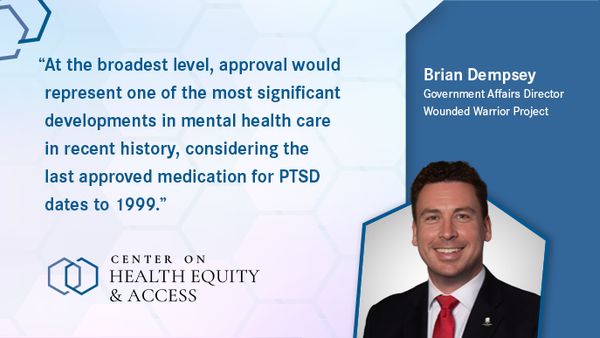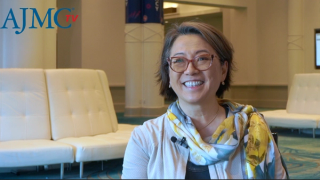
Center on Health Equity & Access
Latest News

Latest Videos

More News

The country has seen historic reductions in uninsured rates and improvements in affordability since the implementation of the Affordable Care Act, the Commonwealth Fund scorecard shows.

Engaged hospital leadership enhances the adoption of health-related social needs initiatives, driving progress toward health equity and improved patient care, according to a new study.

A quick roundup episode of major news and health policy developments from The American Journal of Managed Care.

As clinician shortages grow, hospitals turn to artificial intelligence (AI) and scheduling tools to optimize resources, reduce burnout, and expand patient access—especially in rural communities.

Explore how health equity and policy shape outcomes, revealing disparities in kidney disease, atopic dermatitis, and cancer care for vulnerable populations.

New Jersey Attorney General Matthew Platkin said the question before the court is whether First Choice Women's Resource Centers can ignore a subpoena amid a state consumer fraud investigation.

A global surge in rheumatoid arthritis with local hotspots highlights the need for targeted public health interventions.

The role that artificial intelligence (AI) and other technology can play in care delivery is growing, said Coral Omene, MD, PhD, of Rutgers Cancer Institute and RWJBarnabas Health.
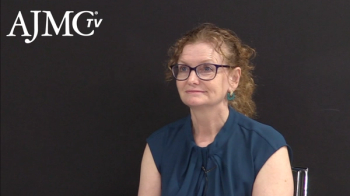
Unaddressed adverse effects, such as fatigue, significantly reduce patient confidence in care plans and negatively impact quality of life for individuals with lymphoma and chronic lymphocytic leukemia (CLL), according to Lorna Warwick, CEO of Lymphoma Coalition.

Adding polatuzumab vedotin to rituximab, gemcitabine, and oxaliplatin (R-GemOx) significantly improved overall survival in transplant-ineligible patients with relapsed/refractory diffuse large B-cell lymphoma (R/R DLBCL), according to Matthew Matasar, MD, of Rutgers Cancer institute.
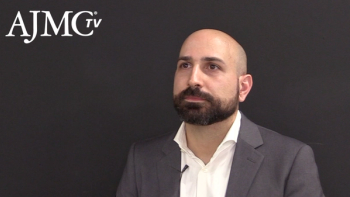
Patients with relapsed/refractory (R/R) multiple myeloma and lower socioeconomic status reported significantly worse quality of life and a higher burden of symptoms, according to Francesco Sparano, MSc, of the GIMEMA Foundation.

While the tax exclusion for employer-sponsored health care was not included in the House-passed reconciliation bill, it remains a revenue target for Congress, risking inclusion in the Senate's version.

Outcomes were evaluated among children born between April 1980 and June 2019 by using data from 12 observational birth cohorts from the Environmental Influences on Child Health Outcomes Children’s Respiratory and Environmental Workgroup.

Marla Black Morgan, MD, looks to the future of research in both myasthenia gravis and rare neurological disorders by expanding data collection and identifying areas of potential difference in patient outcomes.
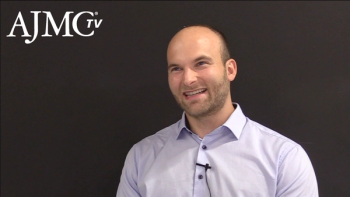
An artificial intelligence (AI)-driven machine learning model was refined and validated internationally to accurately classify acute leukemia subtypes from routine laboratory data, according to Merlin Engelke, MS, offering a potential tool for improving diagnosis worldwide.

Race-free kidney function equations may underestimate risks for Black adults according to a new analysis.

Collecting comprehensive patient data, including social determinants of health, is crucial for equitable value-based cancer care, yet administrative burdens could worsen existing disparities, said Coral Omene, MD, PhD, of Rutgers Cancer Institute and RWJBarnabas Health.

Constance Blunt, MD, medical oncologist, Mary Bird Perkins Cancer Center, discusses the potential consequences of losing free health care screening coverage.

Adolescents face significant barriers to obesity medication access, despite a surge in prescriptions. Discover the disparities and potential solutions in obesity care.

HHS Secretary Robert F. Kennedy Jr has disbanded the Advisory Committee on Immunization Practices, aiming to restore trust in vaccines amid concerns over politicization and integrity.

Trump's sweeping health care overhaul faces scrutiny, risking coverage for millions while igniting bipartisan tensions over fiscal and social impacts.

Research reveals low awareness and usage of the 988 crisis lifeline, highlighting disparities in support for LGBTQ+ individuals and regional funding challenges.
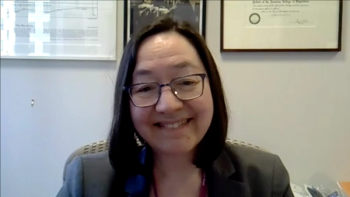
In the final part of her interview, Margrit Wiesendanger, MD, PhD, discusses the need to improve lupus care by addressing social determinants of health and expanding access to treatment.

While citing overwhelming barriers patients in rural areas face when accessing care, providers noted the potential of telehealth to improve access in a survey.

Accessing medical and social resources for patients, heavy administrative burden, and lack of data integration are barriers to Medicaid managed care organization care coordinators’ job performance.




